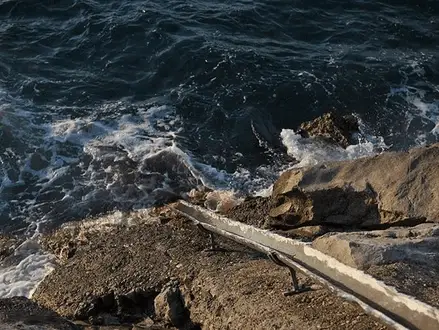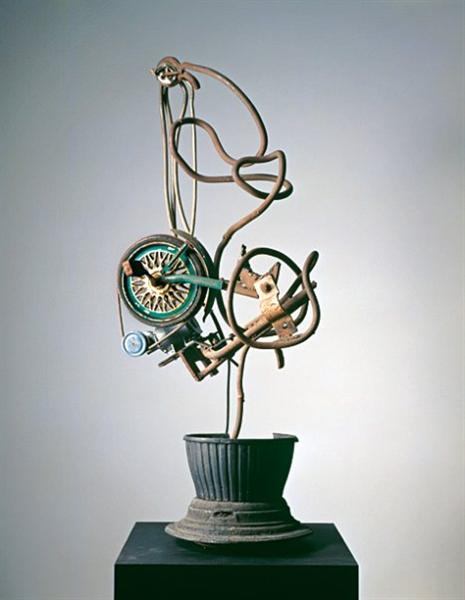Title of Artwork: “Blood of Two”



Artwork by Matthew Barney
Year Created 2009
Summary of Blood of Two
As part of the opening festivities for the DESTE Foundation Project Space, which is located in the historic slaughterhouse on Hydra Island (Greece), Barney collaborated with American visual artist Elizabeth Peyton to create a site-specific performance.
The composition was motivated by the local landscape and populace (their culture, tradition, religion, and ritual).
Divers submerged a large bronze and glass vitrine in the water three months before the performance, in a small cove close to the Project Space. Five pencil and blood drawings of animals, farm scenery, and mythical beings created by Barney and Peyton worked on together were shown with a bronze book in a glass case.
All About Blood of Two
The day of the performance, local fishermen rescued the vitrine from the water and hoisted it up a steep stairway to the road before sunrise. Then, the dogfish shark’s body was placed on top of the display case, alluding to both fishing lore and religious symbolism. Humans then escorted the vitrine and shark on a wooden cart drawn by a horse to the location of the old slaughterhouse.
As soon as the head fisherman entered the abattoir, he opened the vitrine, releasing the seawater in a dramatic cascade over the floor and unveiling the artwork within. Due to the three months the bronze book spent submerged, it had acquired a beautiful blue patina.
Shark was eventually prepared and served to guests. The video of this performance was included in the first exhibition of the Project Space, which was financed by the Municipality of Hydra and the Ecologist Society of Hydra. Other pieces in the exhibition included sculptures by Barney and paintings by Peyton.
Blood of Two is “a ritualistic artwork that includes local rituals without surrendering to the cliches of cultural tourism,” as noted by art critic Chris Bors. Specifically, he notes that the celebration “inaugurated the traditional Miaoulia festival, honouring individuals who participated in the Greek Revolution during the fight for independence from Turkey, which began in 1821” (his emphasis).
Bors noted that while Barney and Peyton “remained true to their own visual languages,” they had managed to rein in their excessive and romantic tendencies in order to “engage the people of Hydra and the island’s history, making them participants rather than viewers in an anthropological, experiential project in tune with Hydra’s distinctive setting.”
Information Citations:
En.wikipedia.org, https://en.wikipedia.org/.

























